Three Days of De Panne fighting for its place in Classics calendar
Tour of Flanders contenders on the pros and cons of cobbled stage race
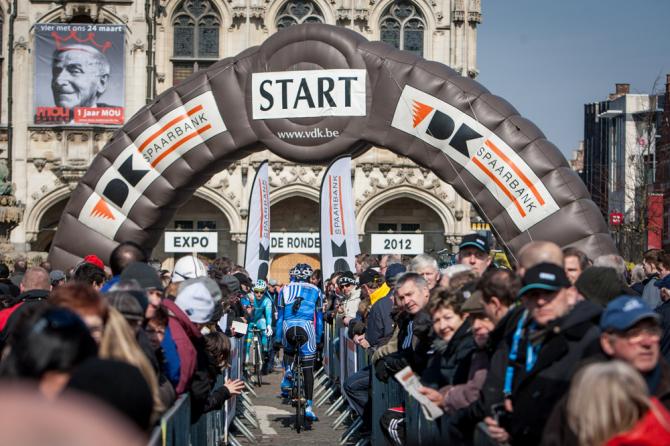
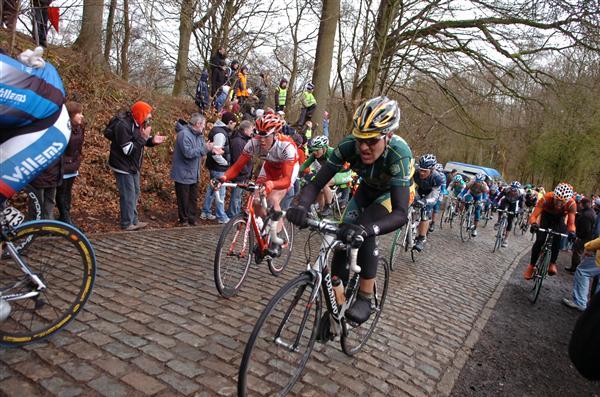
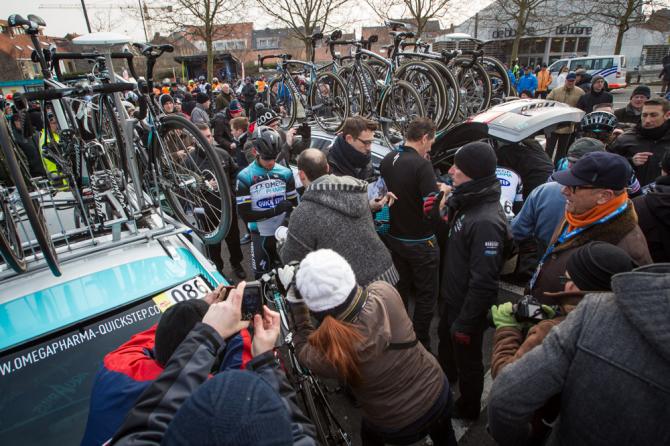
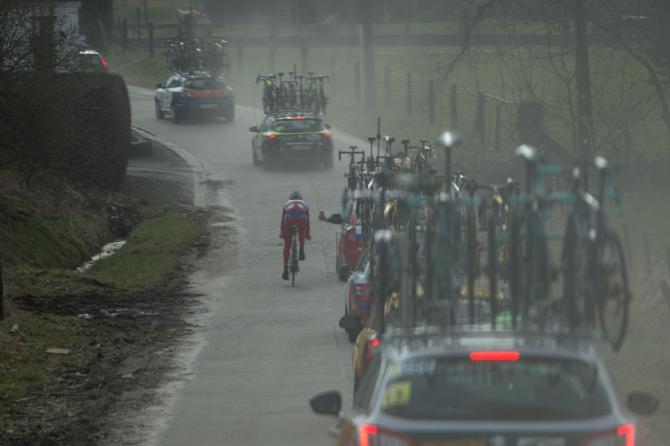
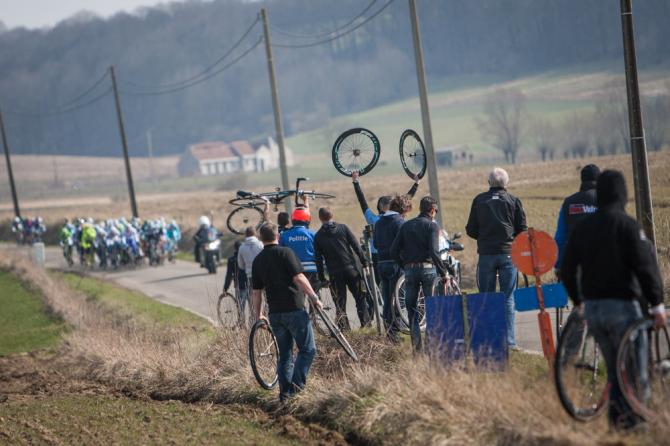
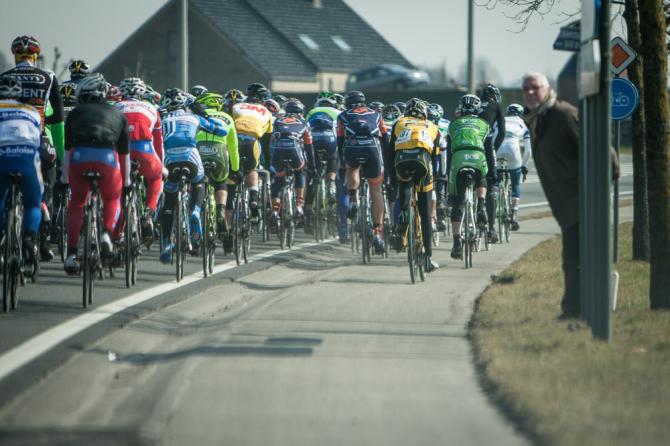
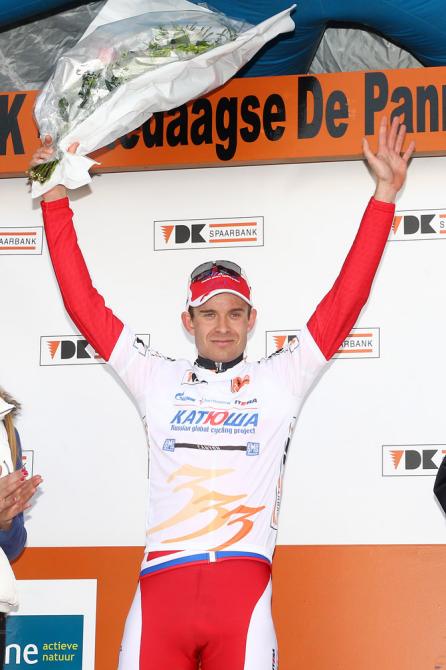
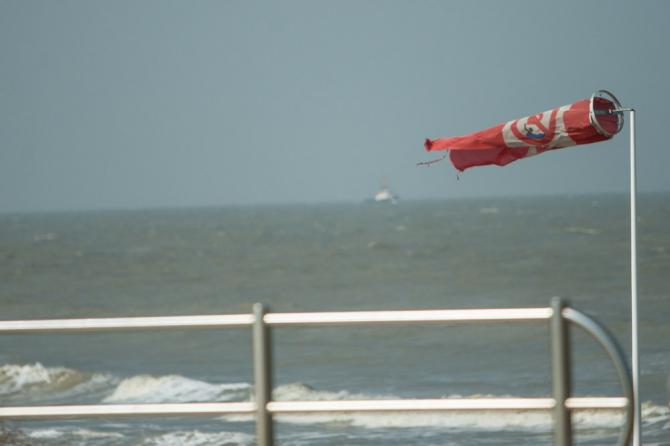
Since its inception in 1977, the Three Days of De Panne has unabashedly pitched itself as a preparation race for the Tour of Flanders. The format has scarcely changed over the years, with back-to-back 200 kilometre stages followed by a short, fast run-out on the final morning, before a concluding time trial in De Panne, which – hardly by accident – was often roughly the same length as the distance from the top of the Bosberg to the finish Meerbeke on the old Tour of Flanders course.
Generations of Classics grandees have duly honed their condition at De Panne in the week leading up the Ronde: some frenetic instalments of Sean Kelly and Eric Vanderaerden's running battle took place here in the 1980s, for instance, while Johan Museeuw and Michele Bartoli both won the race in the 1990s.
Over the past decade, however, the Three Days of De Panne's pulling power has waned somewhat. Alessandro Ballan (2007) was the last man to win De Panne and Flanders in the same week, and, more painfully, the men who have dominated De Ronde in recent years have begun to ignore it. Last season, Tom Boonen made his first appearance in four years, but only because he was still chasing condition after an injury-hit start to his campaign, while Fabian Cancellara has not raced in De Panne since 2004.
BMC manager Allan Peiper finished second overall behind Vanderaerden in 1988 but while De Panne was the ideal Flanders preparation a quarter of a century ago, his team is not in the field in 2014. "I think the whole sports science element has come into that. Riders used to use races as training in a bygone era but that's not pertinent anymore," Peiper says. "They're using training as training and racing as racing, and when they come to race, they're ready to race."
Filippo Pozzato last lined up in De Panne in 2011, and he notes that Gent-Wevelgem's change of date and E3 Harelbeke's elevation to WorldTour status means that the weekend before the Tour of Flanders is a heavy one, hence the need to recuperate during the week.
"Nowadays you have to recover from the races that you do, maybe once upon a time that wasn't necessary," Pozzato says pointedly. "If you do Milan-San Remo, Harelebke and Gent-Wevelgem, then you need to recover from those races because they're long. They're not normal races."
Pozzato nods in agreement with Peiper's thesis that there are no easy races left in cycling, pointing out that even Cancellara admitted that he was feeling the strain in his first race of the season in Dubai. "You can't just go to the races for a loosener anymore. You have to be ready to race."
The latest race content, interviews, features, reviews and expert buying guides, direct to your inbox!
David Millar has a sentimental attachment to the Three Days of De Panne, as he beat Bartoli to win the final time trial in 1998 and then claimed overall victory twelve years later, but neither he nor his Garmin-Sharp team have been on the start line since his 2010 triumph. In part, he says, it's because the race poses some unnecessary risks in the week before the Ronde.
"It's probably the most dangerous race out there, it's just crazy, so that's probably why people don't go. If you get through it without crashing then you've had a good race. It's always windy and you've got a mixed peloton, too. You haven't got the patrons of the peloton, the big teams controlling it. There's no authority there, it's sort of dog-eat-dog environment. It's a pretty brutal race."
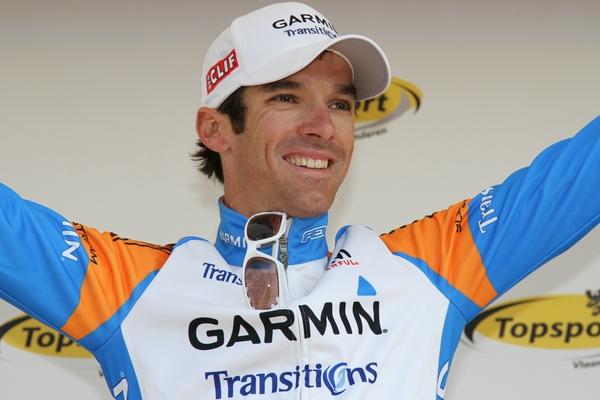
Sagan, Terpstra find purpose in De Panne
Amid all that doom and gloom, the Three Days of De Panne is not without its devotees. Peter Sagan has won the opening stage for the past three years, and while he seems unlikely to complete the entire race again this year, he was glad of the workout in the build-up to Sunday.
Over at Omega Pharma-QuickStep, Niki Terpstra went so for as to skip Gent-Wevelgem in order to better prepare for a tilt at the overall standings in De Panne, a race he already won in 2012. Even the broken collarbone he sustained here the previous year didn't manage to dampen his enthusiasm for the race. "Niki wants to come here every year. Different riders have different ways of preparing for the Ronde Van Vlaanderen," says QuickStep directeur sportif Wilfried Peeters.
Katusha's two Classics leaders, Alexander Kristoff and Luca Paolini, have also opted to participate at the Three Days of De Panne. "It's made me strong for Flanders. Maybe it's a little bit too much but it works for me," explains Kristoff, who has won stages in each of the past two editions. For his part, Paolini was persuaded to start this week by fine weather utterly atypical for a race usually fought out under the kind of low, grey skies evoked by Jacques Brel.
"I think I'll only do the first two stages but I'll see how the legs are," Paolini says. "In any case, I like staying in Belgium because the atmosphere here is special and that helps me to stay concentrated on the two big objectives, Flanders and Roubaix."
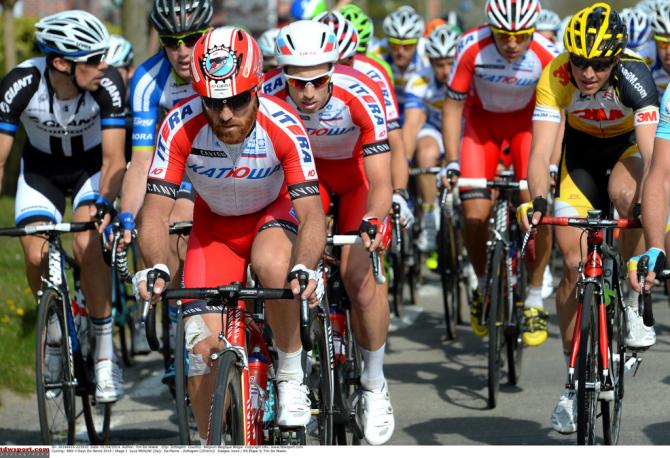
Flanders Classics the Goliath to De Panne's David
Even without Boonen and Cancellara, the crowds at starts and finishes in De Panne would put most WorldTour races to shame – this is Belgium, after all – but like other small organisers in the area, the Veloclub De Panne risks being squeezed out by the behemoth Flanders Classics, whose portfolio includes the Tour of Flanders, Gent-Wevelgem, Omloop Het Nieuwsblad and Dwars door Vlaanderen.
While the organisers of E3 Harelbeke have succeed in having their race gain WorldTour status and have opened commercial opportunities through VIP packages akin to those offered by Flanders Classics, the Three Days of De Panne has a decidedly more homely feel.
But when Flanders Classics managing director Gilbert Van Fraeyenhoven suggested earlier this year that the Three Days of De Panne should move to July in order to free up the week before the Ronde, his proposal was met with indignation in De Panne.
"Apparently there are only some important races on the calendar, those organised by Flanders Classics," De Panne organiser Bernard Van De Kerkhove said in January. "I know that the calendar won't change before 2017. And organising the Three Days of De Panne in July is impossible – they're forgetting that the coast is packed with holiday makers."
And, as David Millar points out, moving the Three Days of De Panne away from its late March date to high summer would run contrary to the intrinsic character of the race. "That's not the point, is it? It's supposed to be this kind of savage race," he says. "I mean, the year I won it, there were these horrific conditions and it's one of the races I'm most proud of. It's the pro's pro's race."

Barry Ryan was Head of Features at Cyclingnews. He has covered professional cycling since 2010, reporting from the Tour de France, Giro d’Italia and events from Argentina to Japan. His writing has appeared in The Independent, Procycling and Cycling Plus. He is the author of The Ascent: Sean Kelly, Stephen Roche and the Rise of Irish Cycling’s Golden Generation, published by Gill Books.